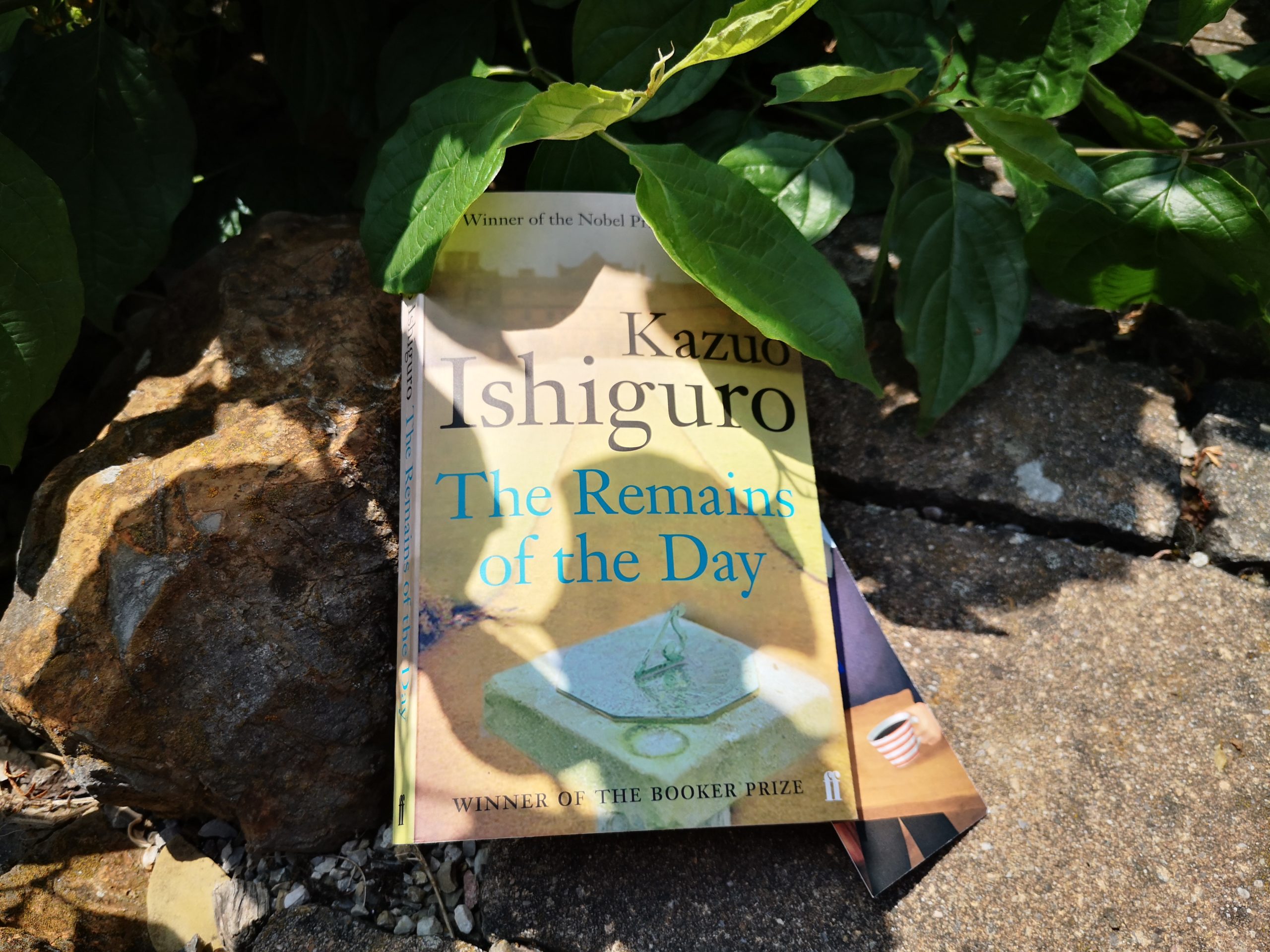I must have been about 12 when we went on that weekend trip. The school owned a vacation house in a mountain village near my hometown and groups of school kids chaperoned by teachers could rent it over the weekend for barbecue, moderately loud music, and nights by the fire. During the day, we would make short hiking trips along the river in the valley or just gather around the breakfast table, basically waiting for lunch. It was all fun and games until, on one of these days after breakfast, a group of older kids decided to visit the bar in the village. They started speaking English, pretended to be a group of foreigners. To my defense, I just heard the story later, I hadn’t been part of the group. Or maybe I was, and later just blocked out that part. We weren’t gonna deceive anyone, just practice schoolkid English in not such a real-life context. No villager in that valley could speak English, but we could. Lots of good did that do us (them?). I was left with that bite of unrest in my chest while waiting for lunch that morning.
Memory and its instability are major topics in Ishiguro’s novels. Characters think back on their lives, some trying to figure out where they went wrong, some trying to understand the present. And, like the me from that memory of 25 years ago, none of them can get the story quite straight. There are always variants and choices. Stevens is looking back to congratulate himself on a life well-lived, but his disguise wears thin after a while. He tells his story in a sort of two-handed way. Sometimes he speaks of events and characters, bringing them across like a storyteller in control of his own narrative, knowing what point he wants to make. Other times, he lets slip fragments of dialogue, where characters tell the story in their own words. It is in the space between narrative and dialogue that we discover his passion, his regrets, his misgivings.
You can’t take Stevens at his word. His formal, stiff-upper-lip-butlery-way lets slip a story which can barely be picked up from between his “surely”-s, “perhaps”-s, “the-facts-which-are”. When talking like this, he is trying so hard to inhabit the perfect role of the butler, that it quickly becomes obvious that it is just a role. Yet he does turn out to have an untamable human side, which shows in the lines of other characters. At his father’s deathbed, he notices the smell of roast which the cook, in tears, was giving off. His own distress is visible through another’s words: “You look as though you’re crying,” his employer tells him. Because this is a story Stevens couldn’t have told in the words of the butler.
The narrative shaping the butler’s words and the direct fragments of dialogue between Stevens and other characters come together to sketch an image of Stevens which might just come closer to reality. He tells himself he is dedicated to his career and to the figure he tries to be, but it is obvious that the characters who know him see something else there – a something which Stevens makes it clear he also knows, but is neither willing nor able to tell directly. Both sides of Stevens’ story rely on his humanly imperfect memory, but the events narrated in the butler’s voice draw focus on the pitfalls of memory, while direct dialogue sheds light on relationships and, implicitly, on emotion.
I like the title of The Remains of the Day because it is such a nuanced metaphor for the thoughts which plague Stevens at the dusk of his career and personal life. Thinking of Ishiguro’s later novels, the metaphor breathes deeper and takes a more definite form. Never Let Me Go and Klara and the Sun are centered on characters who also try to come to terms with the story of their lives when their lives draw to an end. Klara, Kathy, and Stevens, of course, only have some shafts of sunlight left to their day. They make the most of it by building an understanding of what they’ve been through, of the decisions they’ve made, of the decisions that have been made for them. They live through what time and a failing memory allowed to remain to them of the day, and tell the story of these remains.





your thoughts?